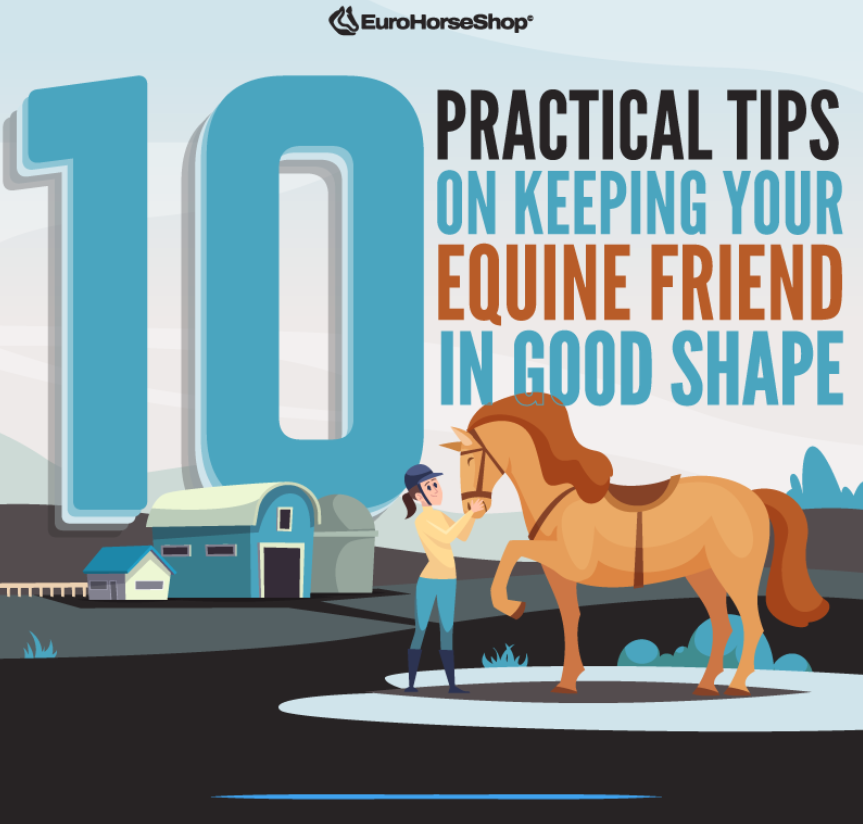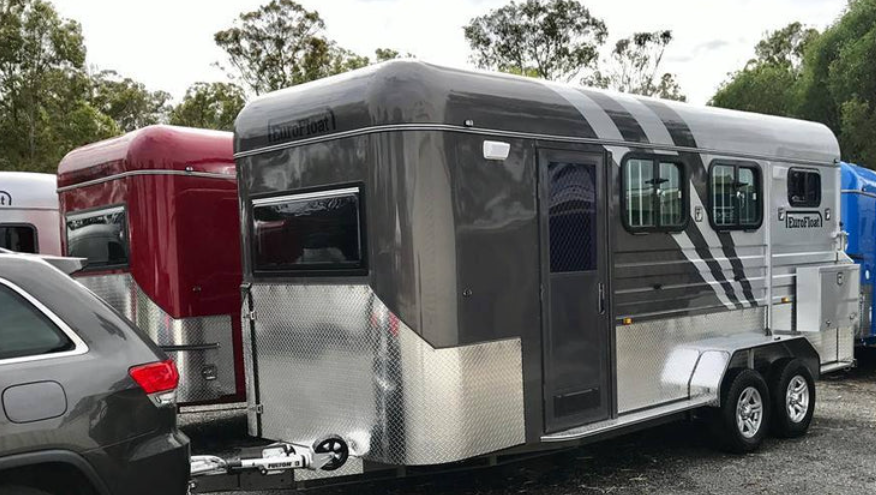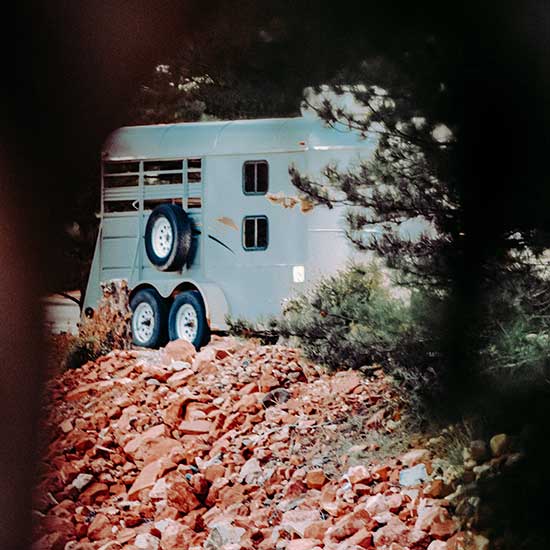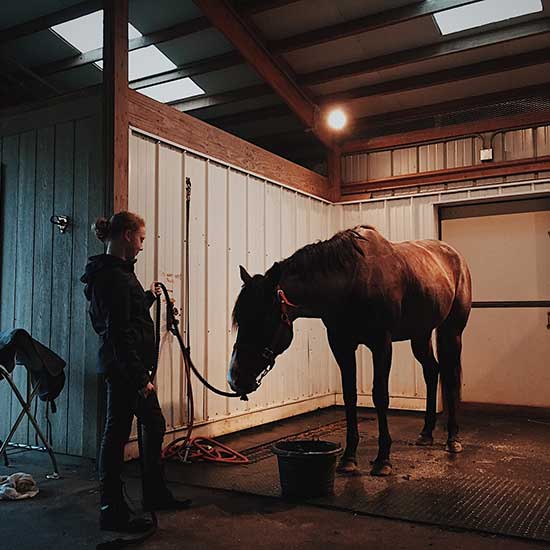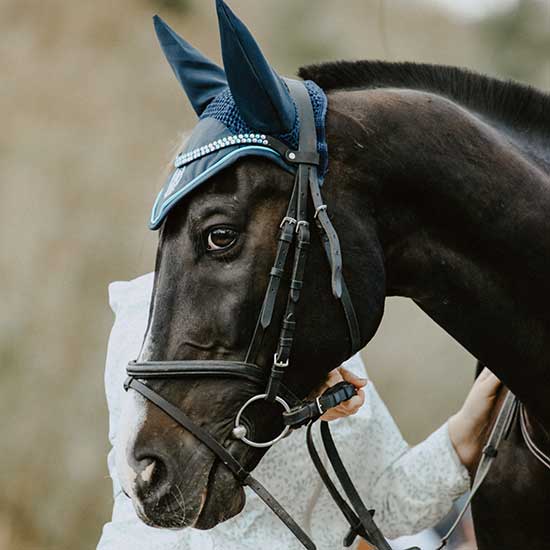Having horses as companions can be deeply rewarding. With a lifespan that can extend up to 30 years (and occasionally 40 to 60 years), they facilitate strong bonds. Horses are even capable of creating enriching experiences that endure decades of mutual understanding and companionship.
But in order to keep these majestic animals with you for a long time, it is crucial to provide them with proper care and ensure they maintain good health and well-being. Below are ten practical tips on how to keep your equine friend in good shape.
1. Understand your horse’s dietary needs.Ensuring your horse's health starts with understanding its dietary needs. The market offers a plethora of feeds, supplements, and hay choices, which can be overwhelming, especially for new horse owners. To simplify your search, focus on the six essential nutrient categories: carbohydrates, proteins, fats, vitamins, minerals, and most importantly, water.
A healthy horse typically consumes 5-15 gallons of water daily, but this amount varies with temperature, humidity, and activity level. Meanwhile, the rest of your horse’s diet should be tailored to meet its specific nutrient requirements. Consider factors such as body weight, age, workload, and metabolic efficiency.
2. Know what a healthy and unhealthy horse looks like.
One effective method for assessing a horse's health is body condition scoring. This involves visually evaluating the distribution of muscle and fat across the horse's body. It provides insights into their overall weight composition and the potential health implications that may come with it.
There are three main areas you need to check when doing a body condition assessment:
- The neck and shoulders: Begin by visually examining your horse's neck muscles. Feel along the crest, especially between the ears and back, for any firm fat deposits that move side to side when pressed. Move your hand down to the shoulder and shoulder blade. Check for smoothness rather than boniness, which indicates potential fat buildup. You should also look for accumulations behind the shoulder blades.
- The middle body: Run your hand over your horse's ribs; you should feel them with light pressure. If you need to press hard or cannot feel them, there might be excess fat. Check the spine and withers for a visible arch and fat accumulation on either side.
- The hindquarters: Check your horse's hindquarters; the hip bones should be defined with a thin layer of fat over the croup and point of the hip. Excess fat requires firm pressure or hides bones. View your horse from behind for a slight "C" shape, not a top-heavy or apple-shaped profile, and check the tail head for fatty deposits.
Regular veterinary check-ups and periodic health exams for horses are crucial for early detection and prevention of health issues. Veterinarians ensure vaccinations are up to date, teeth are maintained, and any developing conditions are identified early. These visits also allow for tailored advice on nutrition, exercise, and overall care, optimising the horse's well-being.
4. Understand your horse’s behaviour.
Horses are categorised as prey animals who depend on flight for their survival. As their human companion, you have to understand that their flightiness is often their natural response to threats, and not because they feel spooky or disobedient.
Desensitising them to frightening stimuli and teaching them what is safe or dangerous aids in their comfort and trust. Positive initial training experiences are also crucial, as horses remember stressful situations distinctly.
In addition, horses are highly social animals that can communicate with their emotions, vocalisations, and body language. However, each equine species has a unique body language. Therefore, being able to read through their feelings and actions is crucial for their training.
5. Keep them active.Besides being sociable, horses are naturally active animals that thrive on movement. In the wild, they cover an average of 30 to 80 kilometres daily, highlighting the importance of keeping them active.
Regular exercise, like walking or running in a field, promotes their physical health and mental well-being. It also supports the condition of their hooves and vital organs like the heart and lungs.
6. Pay attention to their hooves.
Considering that horses are active animals, checking their hooves is also critical to their health. Regular inspections help identify and address issues such as cracks, infections, or imbalances. Proper hoof care ensures their ability to move comfortably and prevents potential lameness or other hoof-related problems.
Some indications of healthy hooves are:
- One hundred per cent sound on ALL terrains,
- Do not have any white line separation, cracks, splits, peeling, shelly horn, or rings,
- Have strong heels and bars and rubbery or callused thick frogs,
- Must have 1/3:2/3 ratio, and
- When tapped with something hard, it should sound solid and not hollow.
7. Keep your horse’s bedding clean.
Similar to humans who need a clean place to rest, keeping your horse's bedding clean is essential for their health. It reduces the risk of respiratory issues from dust and ammonia buildup, prevents skin infections and hoof diseases, and promotes overall comfort. Clean bedding also supports better rest, which is crucial for their physical and mental well-being.
8. Steer clear of muddy terrain.
Avoiding muddy terrain benefits a horse's health by reducing the risk of skin infections like mud fever and preventing injuries from slipping or getting stuck. Muddy terrain containing urine and faeces can also cause thrush, a painful hoof infection.
Instead, keep your horse on firm, dry ground, which promotes optimal movement and comfort. Maintaining these conditions enhances their overall well-being and performance.
9. Allow them to graze.
Grazing provides essential health benefits for horses by offering natural, nutrient-rich forage that can support their digestive health. This activity also encourages regular exercise, promoting muscle tone and joint flexibility. Moreover, grazing satisfies natural behaviours, reducing stress and boredom, which contributes to better mental and physical well-being.
10. Purchase necessary accessories.Purchasing necessary accessories for your horses ensures their comfort, safety, and well-being.
Proper tack, blankets, and grooming tools maintain their physical health and appearance. Protective gear such as fly masks and blankets shield them from insects and weather elements. Quality feeders and water troughs ensure they receive adequate nutrition and hydration. Lastly, purchasing travel accessories like saddle pads and horse trailers ensures safe and comfortable transportation, minimising stress during journeys.
These accessories are essential for maintaining your horse's well-being and performance, whether at home or on the road.
Where to Purchase Proper Equine Equipment?
Looking for the best horse floats and other equine equipment? Look no further than Euro Horse Shop!
As a proud master dealer of Eurofloat, we can guarantee every equestrian that we can cater to your needs. From large equipment like horse floats to grooming accessories like manure scoopers, we have them in store for you.
Explore our offerings now at www.eurohorseshop.com.au for more details!


